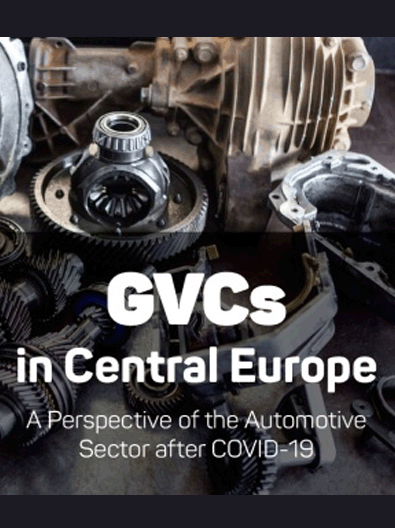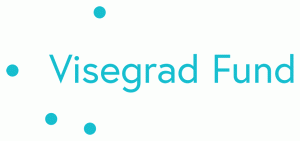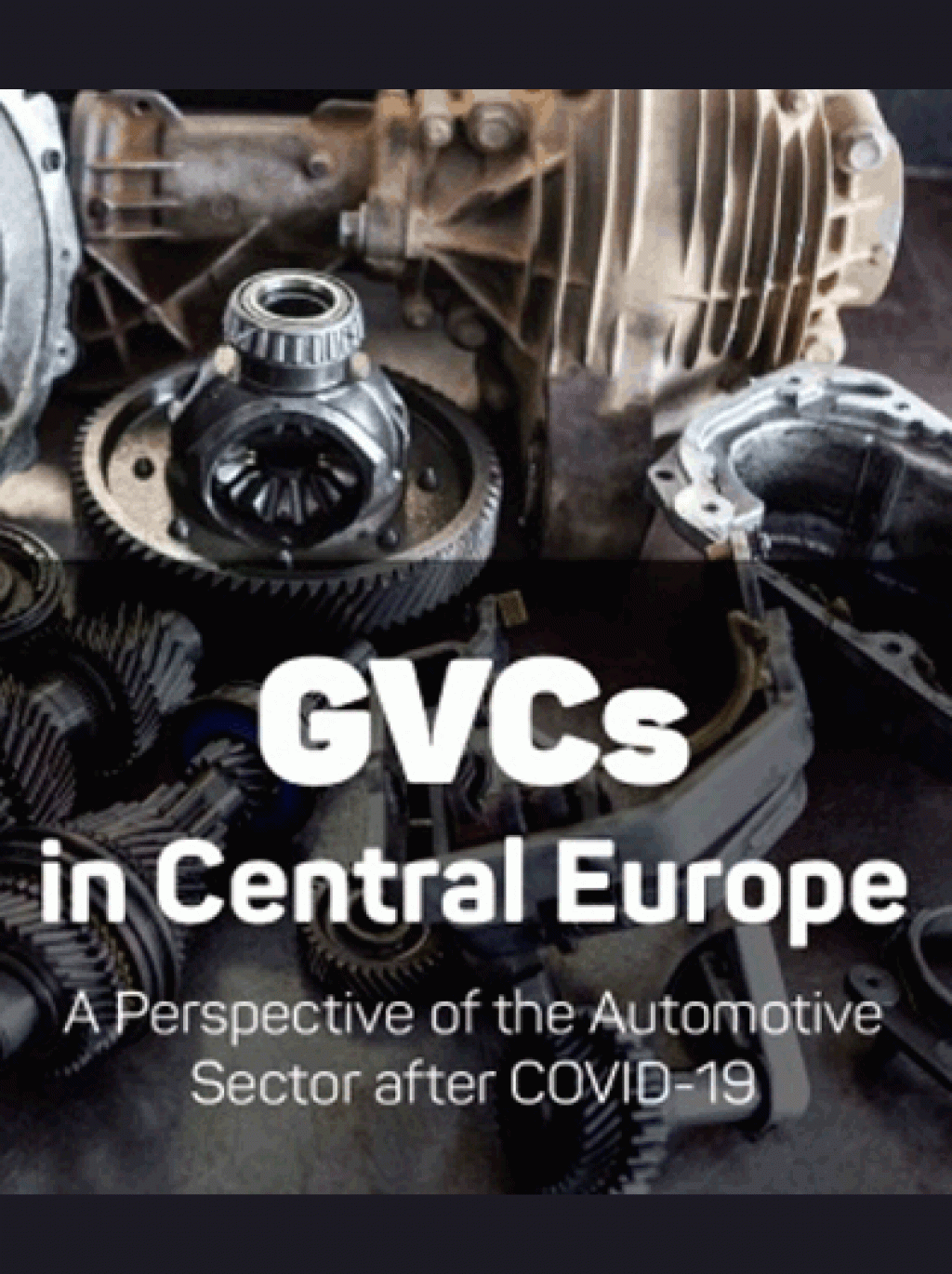GVCs in Central Europe – a perspective of automotive sector after COVID-19
Leader of the project: University of Economics in Bratislava, Slovakia
Local coordinator of the project: Andrea Éltető (HUN-REN CERS Institute of World Economics)
Implementation period: 2021 – 2022
This research project supported by
PROJECT PARTNERS
Prague University of Economics and Business, Czechia – WEBSITE
SGH Warsaw School of Economics, Poland – WEBSITE
University of Economics in Bratislava, Slovakia – WEBSITE
ABOUT THE PROJECT
The V4 countries are highly integrated within global value chains (GVCs); their backward participation decisively exceeds the forward one. They are mostly involved in activities generating low value added and are faced with long-term stagnation in creating value. This especially concerns automotive industries.
In order to alter the current status quo and gain benefits from participation in GVCs, it is necessary for the V4 to foster innovation abilities and stabilise the business climate. The outbreak of COVID-19 posed both threats (disruption in production processes, demand shocks) and opportunities (re-definition of MNE policies on FDI localisation) that need to be investigated.
Moreover, the results of previous studies should be revised. We intend to answer the following questions: i) To what extent do V4 companies participate in automotive GVCs? ii) What is the likely impact of COVID-19 on the GVC participation of V4 businesses (inter alia SMEs)? iii) How can one improve the position of national SMEs in automotive GVCs? The results of our survey (conducted in June 2020 at leading V4 economic universities, n=671) revealed a very limited knowledge of students about GVCs. Merely 40% of the respondents have heard of measuring trade by value added and GVCs; 40% knew where to find such data; 65% have not so far used any indicator of GVC participation. Most would be interested in details about international trade in relation to value added (68%), either via case studies (70%) or participation in workshops devoted to GVCs (62%). We will introduce the aforementioned topics into the curricula.





